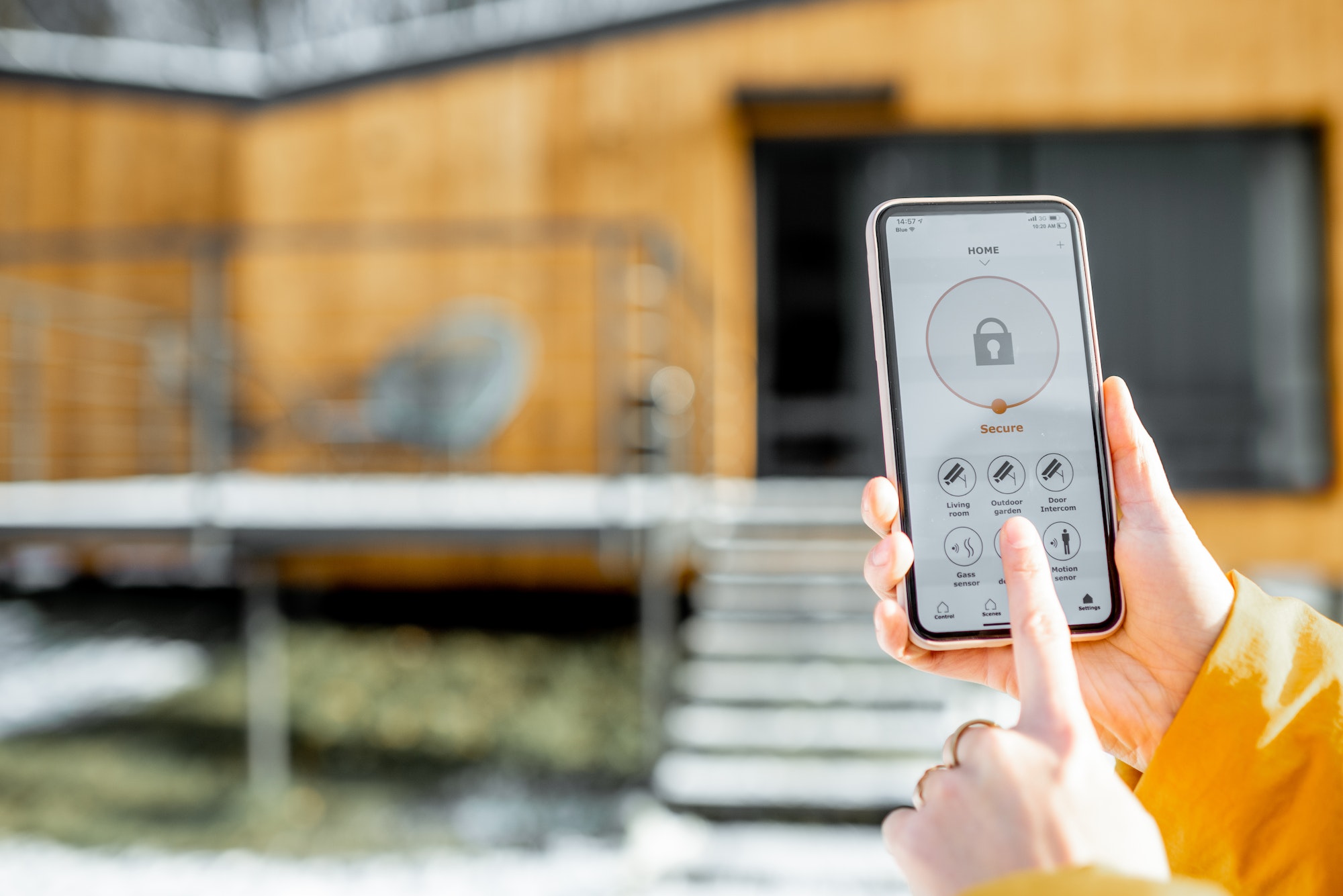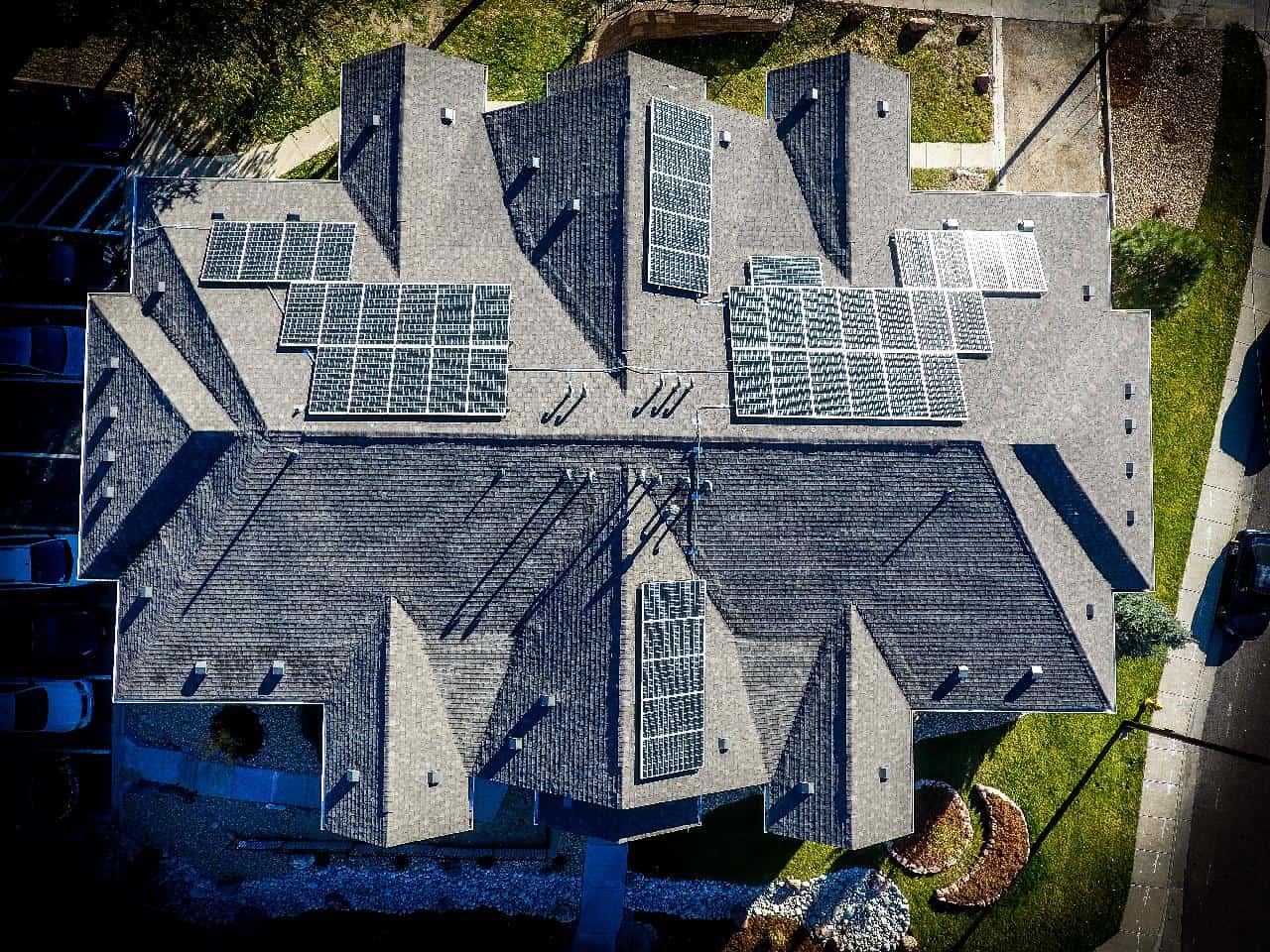From geese, guard dogs, and intricately placed mirrors human beings have come a long way in their quest to bolt their windows and doors.
With the emergence of WIFI sensing, AI, machine learning, and IoT technologies, home security systems have made significant advancements and now are moving toward establishing a dynamic and well-integrated security ecosystem that is not only customizable and interactive but easily accessible through a simple tap on the smartphone.
Origins
The earliest mechanical home security devices date back to 1853 when Augustus Pope attached electromagnets with a hammer to sound the alarm on the opening of a door or window. A simple and revolutionary device of its time that unfortunately didn’t take off because of the lack of demand for it.
Similarly, another milestone was realized through the emergence of video surveillance technology, which was invented in the 1940s but first patented for home security systems in 1969. The 1980s and 1990s, however, were the booming years when home security systems like cameras, alarms, motion sensors, and infrared technology became more common. Nevertheless, they had their own physical disadvantages where burglars can simply cut off the wires to stop them from functioning.
The DIY & Digital Revolution
The biggest step forward for home security systems was made possible through the invention of WIFI and the popularization of the “Do it Yourself” movement that was already rampant across the US.
The DIY manifesto entailed solving your own problems without the help of a certified professional, expert, or aid. Similarly, WIFI not only reduced unnecessary costs for security peripherals, including wires, cables, and huge monitors but also allowed users to communicate with the security devices.
This made it possible for home security companies to further commercialize the market by pushing intricate systems that were simple enough to install for the average consumer. Popular and widely used systems to this very day are primarily based on the same technologies that were developed in the digital age.
Futuristic Smart Home Security Devices
Smart security systems are essentially based on the same principles of creating a more convenient installation and interface for the average consumer. Following the mantra, even the camera may become obsolete shortly as WIFI waves are already accurately tracking all types of movement within its range.
Similarly, virtual assistants have already become an essential part of the smart home security ecosystem. Virtual assistants such as the like of Amazon Echo/Alexa and Google Home/Google Assistant are already dominating the market and many devices offer options of choosing the VA of choice. In the same fashion, it is likely that these VAs will soon be replaced by a generative or computational AI that will be able to make smart security decisions on its own.
Now both of these scenarios would be a big step forward in the technological revolution of smart home security systems. Many devices are moving in this direction and will define the future of smart home security systems.
So, without further wait. Let’s evaluate the most futuristic and intelligent smart systems of 2023:
WIFI-Wave Security Systems:
Ever imagined a home security system that can fit in your pocket? Yes, a device that is smaller than the WIFI devices we keep in our cars today can track all the movements within its range and provide real-time feed on its app with 100% accuracy.
This is made possible through the patented WIFI wave technology that essentially functions as a motion or infrared sensor but provides a more detailed and holistic account of the movement. It is one of the cheapest and most advanced options on the market for all DIY fans.
IoT-Based Security Systems:
IoT and machine learning combined with AI and cloud computing have ushered in a new era of automated home security systems. These systems as previously discussed can make independent security decisions through their own self-learning and workflow development capacities.
These systems not only have the ability to alert the users but also contact authorities in case the user is out of reach and is unable to provide a definite answer within a given time. The only risk of IoT systems is that these systems can be easily hacked or manipulated by cybercriminals.
A Pro Tip
To make the most out of such smart home security devices, fast-speed and reliable internet is a necessary requirement. Herein, Xfinity offers one of the most stable and secure internet connections across the US that is capable of defending your network against most cyber threats. For your convenience, their customer service representatives are available 24/7 at the Xfinity customer service number.
Wrapping Up
The future of home security never looked stronger than it is in 2023 and in coming years who knows satellite geo mapping would become so accurate that it will be able to track all movements on earth instantaneously and in real-time.
Discover more from Futurist Architecture
Subscribe to get the latest posts sent to your email.




